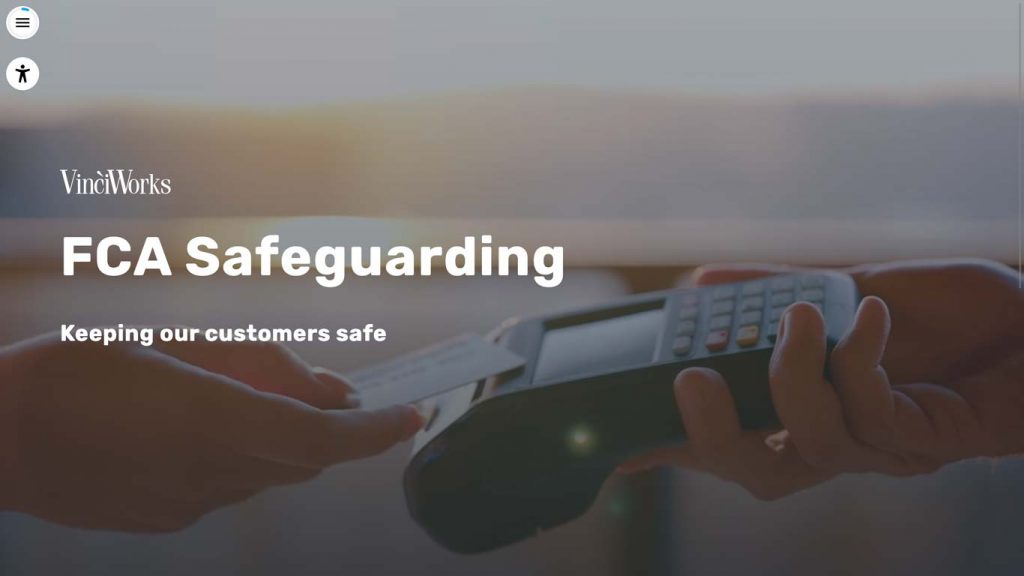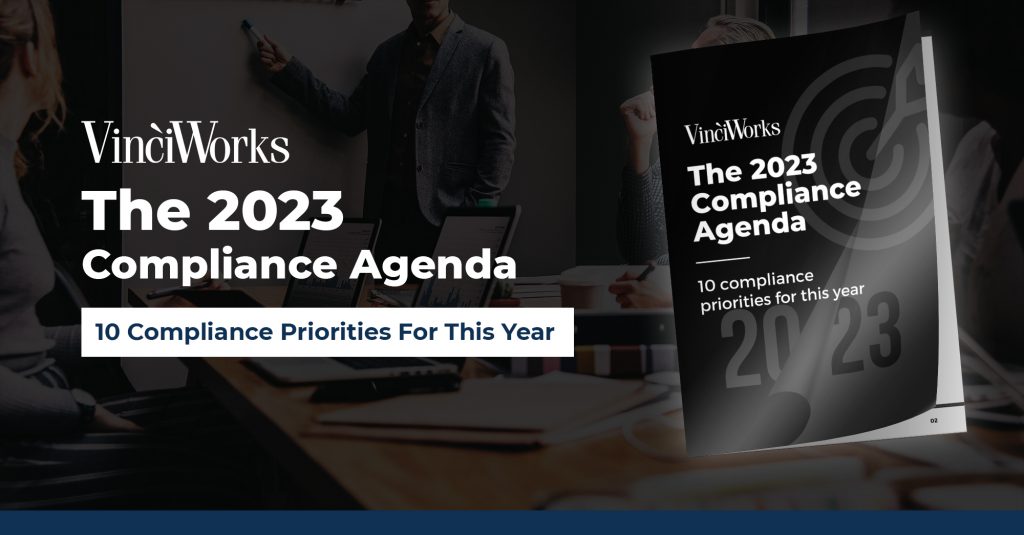Ability to give form admins section-specific access
We are excited to announce a new feature that will enhance the experience of managing your forms. The new feature allows you to set up admins who are responsible for specific sections of the form. Admins will be restricted to viewing only the sections they are assigned to, keeping the rest of the form confidential.
You can assign different admins to different sections of the form, ensuring that each section is managed by someone with the appropriate level of expertise. Admins will be able to view and manage the sections they are assigned to, but will not be able to access other sections of the form. You can even assign multiple admins to a single section, making it easier for you to manage larger forms with a team.

Here’s how to set up section-specific access:
- Go to the “Form admins” page in the form settings
- Click “Add section admin” to add a new admin
- Enter the admin’s email address or name and select the sections they should have access to
- Save the changes
Enhanced submission exports
The export submission feature now provides even more valuable information in your exported submissions. When you export submissions to Word or PDF, you will have access to the following information:
- Submission Reference ID: Uniquely identify each submission with ease
- Submission Status: Get a quick overview of the status of each submission
- Flag Status: Stay informed on any flagged submissions that need attention
- Assigned Users, Shared Users, Responsible Admins: See who has access to the submission and who is responsible for managing it
Bug fixes
- Fixed an issue with custom buttons where the submit button was not appearing after the initial submission of the form
- Fixed an issue where notification cards were duplicated on the notifications page
- Fixed an issue where the submission timeline was not appearing for end users when the submission was a duplicate
- Fixed an issue where customised notifications to external users were not being sent







